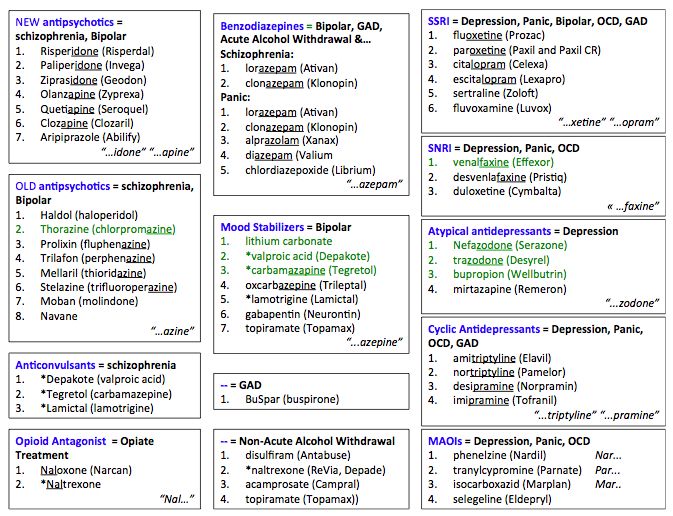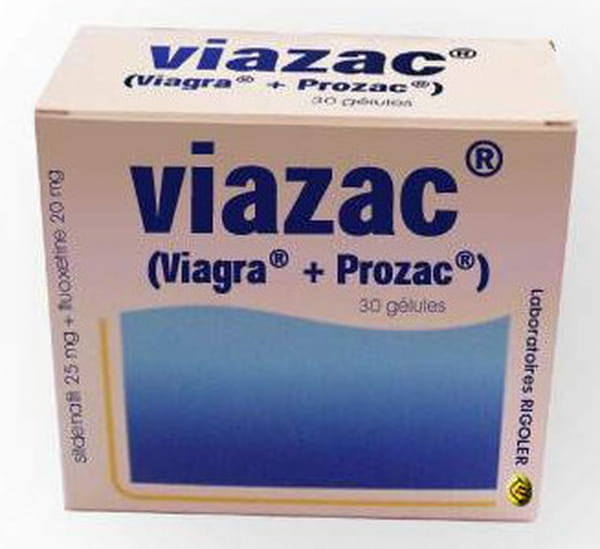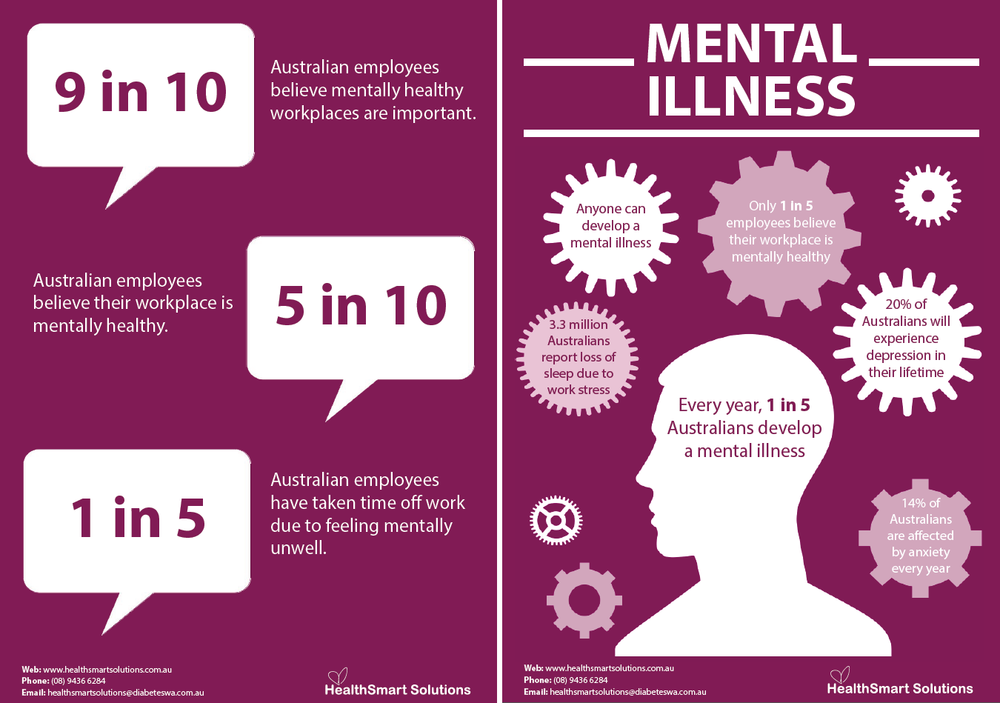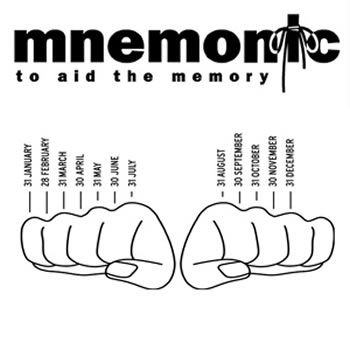Depakote for depression
Uses, Benefits, and Side Effects
Depakote can help with bipolar-related mania. Can it also help with symptoms of depression?
Doctors prescribe Depakote (divalproex sodium) for various uses, including to treat certain mental health conditions.
While Depakote isn’t approved to treat major depressive disorder, doctors may recommend it for depression and mania associated with bipolar disorder.
Before starting any new medication, it’s a good idea to talk with a doctor about what to expect. They can explain the medication’s benefits, potential side effects, and how it compares to other medications.
Understanding how your medication works and what side effects it can cause can better prepare you for taking it.
Depakote is an anticonvulsant medication. It’s approved by the Food and Drug Administration (FDA) to treat:
- seizures
- symptoms of bipolar disorder
- migraine
Experts don’t fully understand how Depakote’s active ingredient, valproic acid, works. But they believe it helps increase gamma-aminobutyric acid (GABA) levels in the brain. GABA is a neurotransmitter that may play a role in stress, fear, and anxiety.
In the case of seizures, it reduces them by limiting your brain’s electrical activity.
Depakote and bipolar disorder
Doctors prescribe Depakote to treat mania in people with bipolar disorder.
When you have a manic episode, you may experience:
- extreme mood changes
- restlessness or talking too much
- racing thoughts and speech
- unpredictable behaviors
- thoughts of grandiosity
- fast speech with frequent changes in topic
Doctors may also prescribe Depakote to help manage bipolar disorder depressive episodes.
The symptoms of bipolar disorder depression are the same as the symptoms of major depressive disorder and may include:
- feelings of sadness
- feelings of desperation
- withdrawal from social activities
- losing interest in things you used to enjoy
Depakote can also help treat migraine and seizures.
According to the National Institute of Mental Health, an estimated 2.8% of adults in the United States live with bipolar disorder, and 82.9% experience serious impairment because of their symptoms.
Bipolar disorder is more than the natural ups and downs of life. It causes powerful shifts in mood, activity levels, and energy. The symptoms of depression can affect your ability to take on day-to-day tasks.
Bipolar depression can be crippling and cause atypical depression symptoms like:
- extreme fatigue
- a feeling that your limbs are weighed down
- slowed thinking
- significant feelings of guilt
Depakote may be helpful if you experience depressive and manic episodes simultaneously, also known as bipolar disorder with mixed features. For example, you may feel hopeless and sad but also restless. Or you may have a manic episode while having feelings of depression.
Abilify (aripiprazole) helps manage and treat mania associated with bipolar disorder.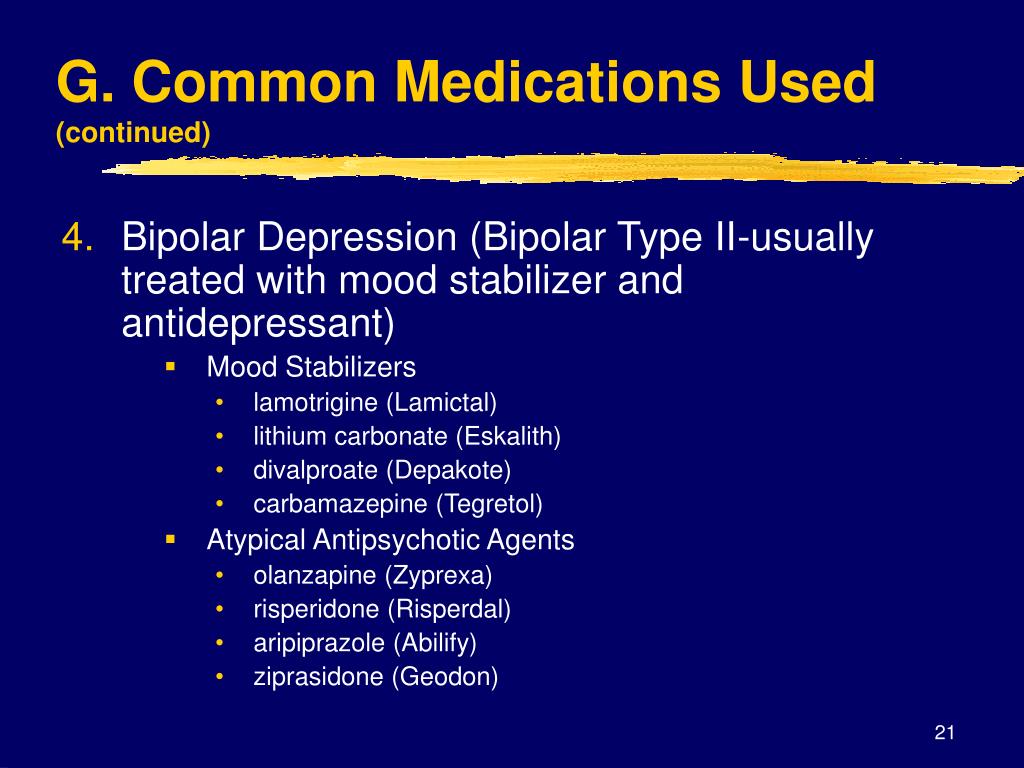 Unlike Depakote, Abilify is an antipsychotic. Doctors typically use it to treat schizophrenia symptoms.
Unlike Depakote, Abilify is an antipsychotic. Doctors typically use it to treat schizophrenia symptoms.
It’s also FDA-approved to treat:
- bipolar disorder
- major depressive disorder, in combination with antidepressants
- Tourette’s syndrome
Abilify works by leveling out and restoring the balance of dopamine and serotonin in your brain.
One older 2016 review suggests Abilify effectively treats manic and mixed episodes of bipolar disorder, but it may not help with acute or recurring bipolar-related depression.
It may help better manage your bipolar disorder symptoms when combined with Depakote.
Depakote and Abilify may:
- reduce the chances of symptoms coming back
- increase your ability to tolerate treatment
- lessen the need for hospital and doctor visits
- help balance your mood
You may experience the following side effects when taking Depakote:
- headache
- stomach pain
- dizziness
- drowsiness
- nausea
- vomiting
- diarrhea
- tremors
- weight changes
Severe side effects can include:
- liver damage
- hallucinations
- suicidal thoughts
- psychosis
- anemia
- bleeding
If you’re considering acting on suicidal thoughts, please seek professional support immediately.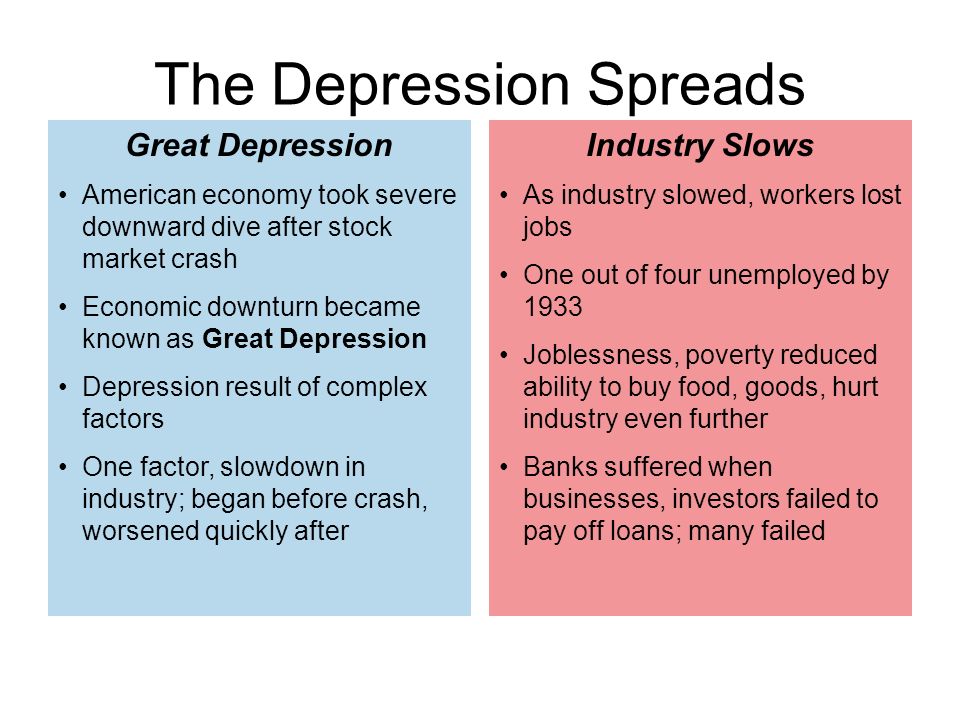
Calling or texting a crisis helpline will connect you with a trained counselor 24/7, any day of the year, completely free of charge:
- Call the National Suicide Prevention Lifeline at 800-273-8255.
- Text HOME to 741741 to reach the Crisis Text Line.
Getting a diagnosis of bipolar disorder can be overwhelming. But treatment can help manage your symptoms and allow you to live a happy and fulfilling life.
Your doctor may recommend treating your symptoms by combining two different medications. For example, using a mood stabilizer like Depakote with an antipsychotic medication like Abilify can be more effective than using either alone.
Before starting a new medication, it’s good to let your doctor know about all medicines, supplements, or substances you’re currently taking.
You might also find it helpful to ask questions about the potential side effects and dosage. Your doctor can tell you the best options for dealing with adverse side effects.
Additionally, you may find it helpful to combine medication with other therapies like cognitive behavioral therapy (CBT).
Not sure how to get started with therapy or find support? Check out our guide to finding a therapist.
Valproate (Depakote) | NAMI: National Alliance on Mental Illness
Brand names:
- Depakote®
- Tablet (delayed release): 125 mg, 250 mg, 500 mg
- Sprinkle capsule (delayed release): 125 mg
- Depakote ER®
- Tablet (extended release): 250 mg, 500 mg
- Depakene® and Stavzor®: Discontinued
Generic names:
- Valproate (val PROE ate)
- Divalproex (dye val PRO ex) sodium
- Valproic (val PROE ik) acid
Note: Throughout this fact sheet, the medication will be referred to as valproate. Even though valproate is available in different names, strengths, and formulations, all provide the same active medicine.
All FDA black box warnings are at the end of this fact sheet. Please review before taking this medication.
What Is Valproate And What Does It Treat?
Valproate is a mood stabilizer medication that works in the brain. It is approved for the treatment of mania associated with bipolar disorder (also known as manic depression), seizures (epilepsy), and migraine headaches. Bipolar disorder involves episodes of depression and/or mania.
Symptoms of depression include:
- Depressed mood — feeling sad, empty, or tearful
- Feeling worthless, guilty, hopeless, or helpless
- Loss of interest or pleasure in normal activities
- Sleep and eat more or less than usual (for most people it is less)
- Low energy, trouble concentrating, or thoughts of death (suicidal thinking)
- Psychomotor agitation (‘nervous energy’)
- Psychomotor retardation (feeling like you are moving in slow motion)
Symptoms of mania include:
- Feeling irritable or “high”
- Having increased self esteem
- Feeling like you don’t need to sleep
- Feeling the need to continue to talk
- Feeling like your thoughts are too quick (racing thoughts)
- Feeling distracted
- Getting involved in activities that are risky or could have bad consequences (e.
 g. excessive spending)
g. excessive spending)
Valproate may also be helpful when prescribed “off-label” for diabetic peripheral neuropathy, postherpetic neuralgia, status epilepticus, and some conditions related to a traumatic brain injury (agitation, aggression, and seizure prevention). “Off-label” means that it hasn’t been approved by the Food and Drug Administration for this condition. Your mental health provider should justify his or her thinking in recommending an “off-label” treatment. They should be clear about the limits of the research around that medication and if there are any other options.
What Is The Most Important Information I Should Know About Valproate?
Bipolar disorder requires long-term treatment. Do not stop taking valproate, even when you feel better. With input from you, your health care provider will assess how long you will need to take the medicine. Missing doses of valproate may increase your risk for a relapse in your mood symptoms.
Do not stop taking valproate or change your dose without talking to your healthcare provider first.
In order for valproate to work properly, it should be taken every day as ordered by your health care provider.
Periodically, your healthcare provider may ask you to provide a blood sample to make sure the appropriate level of medication is in your body and to assess for side effects, such as changes in blood cell counts.
Are There Specific Concerns About Valproate And Pregnancy?
If you are planning on becoming pregnant, notify your healthcare provider so that he/she can best manage your medications. People living with bipolar disorder who wish to become pregnant face important decisions. It is important to discuss the risks and benefits of treatment with your doctor and caregivers.
Valproate has been associated with an increased risk of spinal cord defects (spina bifida). Bleeding, liver problems, decreased IQ scores, developmental delays, and other birth defects have also been reported. There may be precautions to decrease the risk of these effects. Discontinuing mood stabilizer medications during pregnancy has been associated with a significant increase in symptom relapse.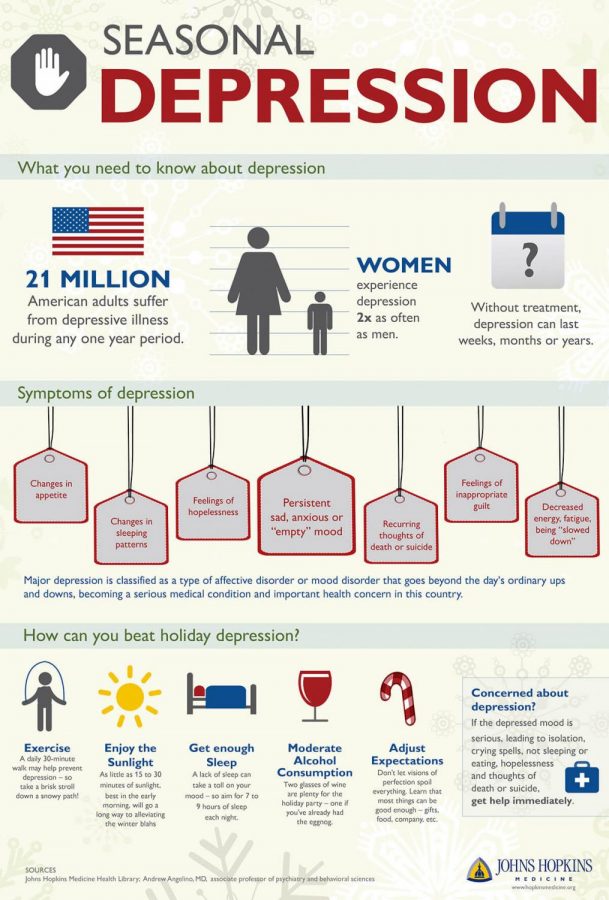
Regarding breastfeeding, caution is advised since valproate does pass into breast milk in small amounts.
What Should I Discuss With My Healthcare Provider Before Taking Valproate?
- Symptoms of your condition that bother you the most
- If you have thoughts of suicide or harming yourself
- Medications you have taken in the past for your condition, whether they were effective or caused any adverse effects
- If you experience side effects from your medications, discuss them with your provider. Some side effects may pass with time, but others may require changes in the medication.
- Any other psychiatric or medical problems you have
- All other medications you are currently taking (including over the counter products, herbal and nutritional supplements) and any medication allergies you have
- Other non-medication treatment you are receiving, such as talk therapy or substance abuse treatment. Your provider can explain how these different treatments work with the medication.

- If you are pregnant, plan to become pregnant, or are breast-feeding
- If you drink alcohol or use illegal drugs
How Should I Take Valproate?
Valproate is usually is taken 1-3 times daily with or without food.
Typically patients begin at a low dose of medicine and the dose is increased slowly over several weeks.
The dose usually ranges from 1000 mg to 3500 mg or more. Only your health care provider can determine the correct dose for you, as sometimes the dose required is based on your weight.
Valproate tablets: Swallow whole. Do not crush, chew or split tablets.
Depakote Sprinkle® capsules: Swallow whole or sprinkle onto food, such as applesauce or pudding and eat immediately. Do not chew the sprinkle capsule or contents.
Valproate syrup: Measure with a dosing spoon or oral syringe that you can get from your pharmacy.
Use a calendar, pillbox, alarm clock, or cell phone alert to help you remember to take your medication. You may also ask a family member or a friend to remind you or check in with you to be sure you are taking your medication.
You may also ask a family member or a friend to remind you or check in with you to be sure you are taking your medication.
What Happens If I Miss A Dose Of Valproate?
If you miss a dose of valproate, take it as soon as you remember, unless it is closer to the time of your next dose. Discuss this with your health care provider. Do not double your dose or take more than what is prescribed.
What Should I Avoid While Taking Valproate?
Avoid drinking alcohol or using illegal drugs while you are taking valproate. They may decrease the benefits (e.g., worsen your condition) and increase adverse effects (e.g., sedation) of the medication.
What Happens If I Overdose With Valproate?
If an overdose occurs call your doctor or 911. You may need urgent medical care. You may also contact the poison control center at 1-800-222-1222.
A specific treatment to reverse the effects of valproate does not exist.
What Are Possible Side Effects Of Valproate?
Common side effects
- Nausea or vomiting
- Headache
- Drowsiness or dizziness
- Tremor
- Muscle weakness
- Insomnia
- Hair loss
- Weight gain
- Diarrhea or abdominal pain
Rare/serious side effects
- Liver problems
- Low platelets.
 Platelets help the blood to clot. Bruising easier than normal is a symptom of low platelets
Platelets help the blood to clot. Bruising easier than normal is a symptom of low platelets - Pancreatitis (inflammation of the pancreas). Symptoms of pancreatitis include severe stomach pain, nausea, vomiting, and not feeling hungry
- Increased ammonia levels. If this happens, you may get confused, disoriented, or have difficulty thinking.
Studies have found that individuals who take antiepileptic medications including valproate have suicidal thoughts or behaviors up to twice as often than individuals who take placebo (inactive medication). These thoughts or behaviors occurred in approximately 1 in 500 patients taking the antiepileptic class of medications. If you experience any thoughts or impulses to hurt yourself, you should contact your doctor immediately.
Are There Any Risks For Taking Valproate For Long Periods Of Time?
To date, there are no known problems associated with long term use of valproate. It is a safe and effective medication when used as directed.
It is important to note that some of the side effects listed above (particularly changes in platelets, liver or pancreas problems, and suicidal thoughts) may continue to occur or worsen if you continue taking the medication. It is important to follow up with your doctor for blood work and to contact your doctor immediately if you notice abdominal pain, sudden nausea or vomiting, or changes in mood or behavior.
What Other Medications May Interact With Valproate?
Combining valproate with topiramate (Topamax®) may increase ammonia levels in your blood. If this happens, you may get confused, disoriented, or have difficulty thinking.
The following medications may increase the level and effects of valproate:
- Aspirin (high doses to treat fever or pain)
The following medications may decrease the level and effect of valproate:
- Anticonvulsant medications such as phenytoin (Dilantin®), carbamazepine (Tegretol®/Carbatrol®/Equetro®), and phenobarbital
- Rifampin (Rifadin®)
- Certain antibiotics, such as ertapenem (Invanz®) or meropenem (Merrem®)
Valproate may increase the level and effects of:
- Antidepressant medications such as amitriptyline (Elavil®) and nortriptyline (Pamelor®)
- Anticonvulsant medications such as phenytoin (Dilantin®), carbamazepine (Tegretol®/Carbatrol®/Equetro®), rufinamide (Banzel®), ethosuxamide (Zarontin®), and especially lamotrigine (Lamictal®).

- Diazepam (Valium®)
Valproate may decrease the level and effects of:
- Olanzapine (Zyprexa®)
- Oxcarbazepine (Trileptal®)
How Long Does It Take For Valproate To Work?
It is very important to tell your doctor how you feel things are going during the first few weeks after you start taking valproate. It will probably take several weeks to see big enough changes in your symptoms to decide if valproate is the right medication for you.
Mood stabilizer treatment is generally needed lifelong for persons with bipolar disorder. Your doctor can best discuss the duration of treatment you need based on your symptoms and illness.
Summary of FDA Black Box Warnings
Liver Damage
Serious and fatal liver damage has been associated with valproate, particularly during the first six months of treatment.
Mitochondrial Disease
Patients with mitochondrial disease caused by a certain DNA mutation are at an increased risk of acute liver failure and resultant death.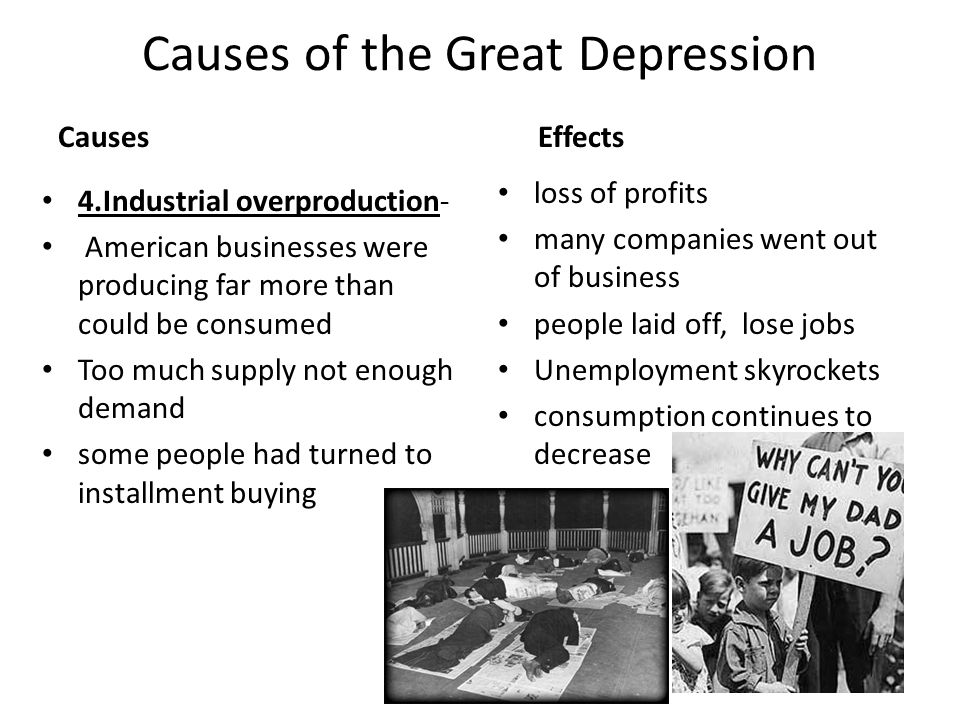
Birth Defects
Birth defects have been found in babies born to mothers who took valproate while pregnant.
Pancreatitis
Life threatening pancreatitis has been reported in children and adults who take valproate. Signs of pancreatitis include severe abdominal pain, nausea, vomiting and inability to keep food down.
Provided by
(September 2021)
©2021 The College of Psychiatric and Neurologic Pharmacists (CPNP) and the National Alliance on Mental Illness (NAMI). CPNP and NAMI make this document available under the Creative Commons Attribution-No Derivatives 4.0 International License. Last Updated: January 2016.
This information is being provided as a community outreach effort of the College of Psychiatric and Neurologic Pharmacists. This information is for educational and informational purposes only and is not medical advice. This information contains a summary of important points and is not an exhaustive review of information about the medication.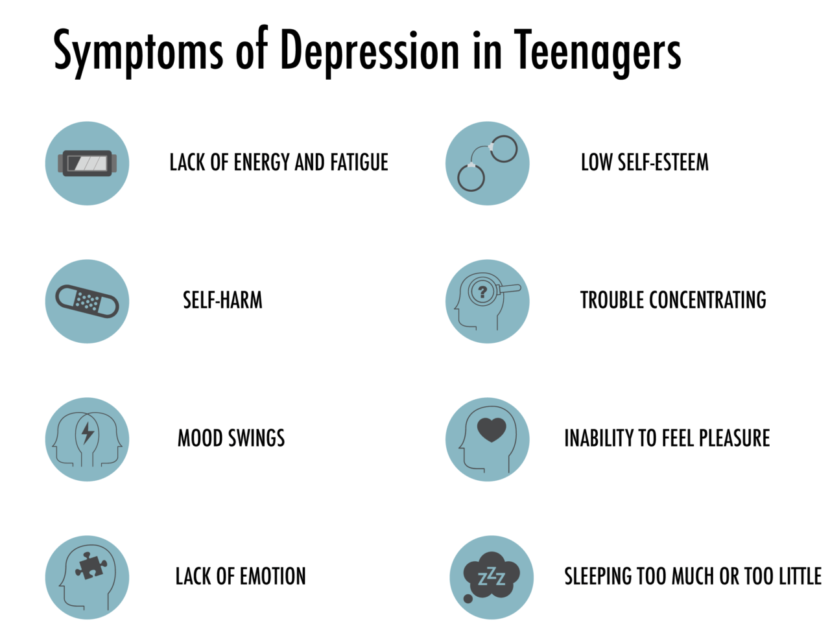 Always seek the advice of a physician or other qualified medical professional with any questions you may have regarding medications or medical conditions. Never delay seeking professional medical advice or disregard medical professional advice as a result of any information provided herein. The College of Psychiatric and Neurologic Pharmacists disclaims any and all liability alleged as a result of the information provided herein.
Always seek the advice of a physician or other qualified medical professional with any questions you may have regarding medications or medical conditions. Never delay seeking professional medical advice or disregard medical professional advice as a result of any information provided herein. The College of Psychiatric and Neurologic Pharmacists disclaims any and all liability alleged as a result of the information provided herein.
Valproic Acid and Derivatives: Pediatric Medication
Pediatric Medicine
ShareProvided by Lexicomp ® , this document contains all the information you need to know about this medicine, including indications, directions for use, side effects, and when your healthcare provider should be contacted.
Trade names: USA
Depacon [DSC]; Depakene [DSC]; Depakote; Depakote ER; Depakote Sprinkles
Trade names: Canada
APO-Divalproex; APO-Valproic Acid; Depakene; epival; MYLAN-Divalproex; PMS-Valproic; PMS-Valproic Acid; SANDOZ Valproic [DSC]; TEVA-Divalproex [DSC]
Warning
All Forms:
- Liver problems have happened with this drug.
 In some cases, these violations have led to death. In most cases, liver problems occurred within the first 6 months after starting this drug. Call your child's doctor right away if your child shows signs of liver problems such as dark urine, fatigue, lack of appetite, nausea or abdominal pain, light-colored stools, vomiting, yellowing of the skin or eyes. In patients suffering from seizures, there may be a loss of control over seizures. Do your child's blood test as directed by their doctor. nine0006
In some cases, these violations have led to death. In most cases, liver problems occurred within the first 6 months after starting this drug. Call your child's doctor right away if your child shows signs of liver problems such as dark urine, fatigue, lack of appetite, nausea or abdominal pain, light-colored stools, vomiting, yellowing of the skin or eyes. In patients suffering from seizures, there may be a loss of control over seizures. Do your child's blood test as directed by their doctor. nine0006 - The risk of life-threatening liver problems is increased in children under 2 years of age. The risk is highest in patients taking more than 1 anti-seizure drug or who have a metabolic disorder, severe epilepsy with mental retardation, or congenital brain disease. Consult your doctor.
- Patients with a genetic liver disorder are at increased risk of developing liver failure due to a mitochondrial disorder such as Alpers-Huttenlocher syndrome. Your child may need genetic testing to detect this disease.
 If a child has or may have a mitochondrial disorder, do not give this drug without consulting your doctor. nine0006
If a child has or may have a mitochondrial disorder, do not give this drug without consulting your doctor. nine0006 - This drug can cause serious and sometimes deadly problems with the pancreas (pancreatitis). Such a violation can occur in children at any time during treatment with this drug. Symptoms of pancreatitis include abdominal pain, nausea, vomiting, or decreased appetite. If your child develops any of these symptoms, contact their doctor immediately.
If your child is or may be sexually active:
- If your daughter is pregnant or may become pregnant, talk to your doctor to make sure this drug is right for her. She must use birth control while taking this drug to prevent pregnancy.
If your daughter is pregnant or likely to be pregnant:
- This drug can cause serious birth defects if taken during pregnancy. It can also lower a child's IQ and may increase the risk of autism or ADHD. If your daughter becomes pregnant while taking this drug, call her doctor right away.
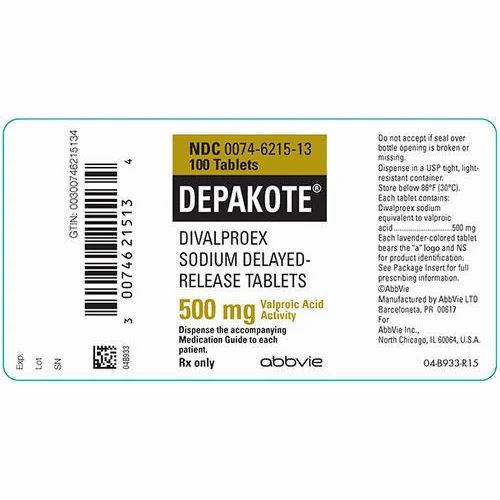 nine0006
nine0006 - Do not give this migraine prevention drug to your daughter if she is pregnant or not using birth control to prevent pregnancy.
All oral preparations:
- This drug comes with a separate patient leaflet called Patient Drug Information. Read it carefully each time you take this drug. If you have any questions about this drug, ask your doctor, pharmacist, or other health care professional. nine0006
What is this drug used for?
- Used to treat seizures.
- Used to prevent migraine.
- This medicine is used to treat bipolar disorder.
- This drug may be given to children for other indications. Consult your doctor.
What do I need to tell the doctor BEFORE my child takes this drug?
- If your child has an allergy to this drug, any of its ingredients, other drugs, foods, or substances. Tell the doctor about the allergy and how it manifested itself in the child.
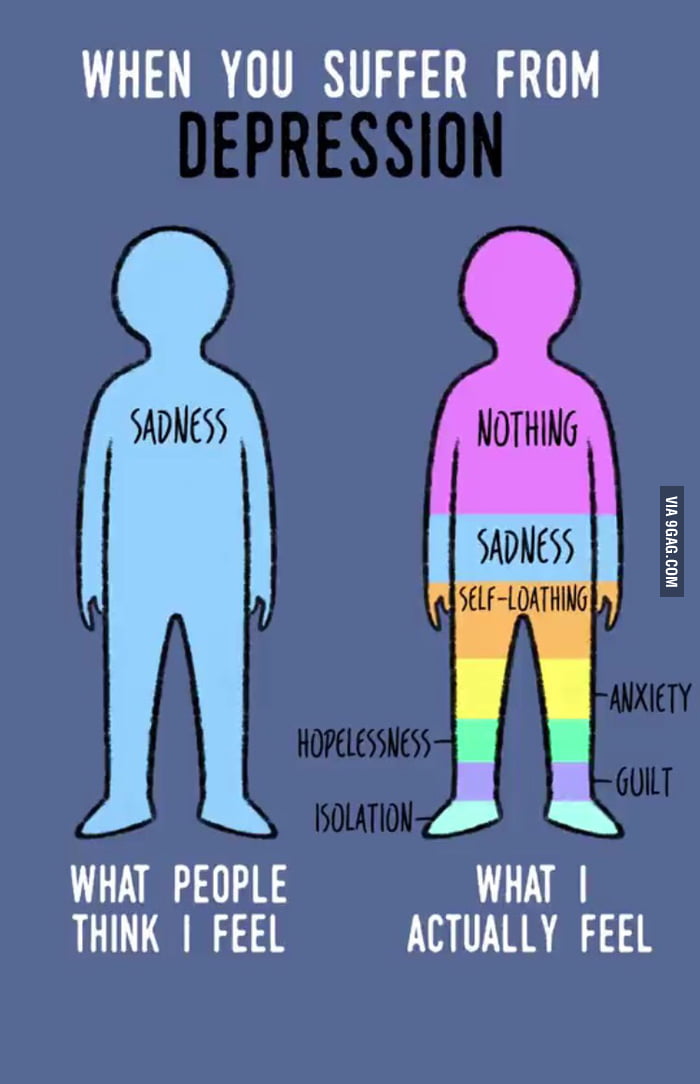 nine0006
nine0006 - If your child has any of the following: liver disease or a urea cycle disorder.
This list of drugs and conditions that may interact with this drug is not exhaustive.
Talk to your doctor or pharmacist about all medicines your child is taking (prescription and over-the-counter, natural, and vitamins) and any health problems. You need to make sure that this drug is safe to use for your child's illnesses and in combination with other drugs he or she is already taking. Do not start, stop taking, or change the dosage of any drug your child is taking without the doctor's approval. nine0003
What do I need to know or do while my child is taking this drug?
For all uses of this drug:
- Tell all health care providers who care for your child that your child is taking this drug. These are your child's doctors, nurses, pharmacists and dentists.
- Have your child avoid tasks or activities that require attention until you see how this drug works for your child.
 This includes cycling, playing sports, or using items such as scissors, lawn mowers, electric scooters, toy cars, or motorized vehicles. nine0006
This includes cycling, playing sports, or using items such as scissors, lawn mowers, electric scooters, toy cars, or motorized vehicles. nine0006 - Perform blood tests as directed by your physician. Consult with your doctor.
- Alcohol may interact with this drug. Make sure your child does not drink alcohol.
- Check with your child's doctor before using marijuana, other forms of cannabis, or prescription or over-the-counter drugs that may slow your child down.
- This drug may affect the results of some lab tests. Tell all health care workers and laboratory workers who provide your child's health care that your child is taking this drug. nine0006
- If your child is unable to eat or drink normally, talk to their healthcare provider. These situations include illness, fasting, certain procedures or surgery.
- Some brands of this drug contain peanut butter. If your child is allergic to peanuts, ask your pharmacist to check the peanut butter content of your child's brand of peanut butter.
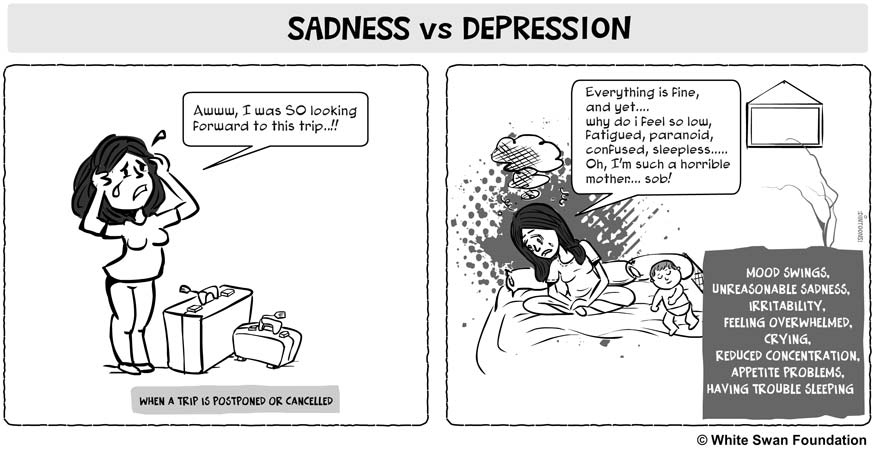 nine0006
nine0006 - Your child may become more prone to bleeding. Make sure your child is careful to avoid injury. Make sure your child uses a soft toothbrush.
- This drug has been associated with high levels of ammonia in the blood. This can lead to certain brain disorders. Some fatalities. Consult your doctor.
- In some individuals, certain brain disorders were not accompanied by an increase in the level of ammonia in the blood. In some cases, these brain disorders resolved after discontinuation of treatment with this drug. However, in some cases they did not go completely. Consult your doctor. nine0006
- A serious reaction has occurred which may be fatal. In most cases, this reaction was accompanied by symptoms such as fever, rash, inflammation of the lymph nodes, and dysfunction of various organs such as the liver, kidneys, blood, heart, muscles, joints and lungs. If you have any questions, please consult your doctor.
- This drug may affect a man's ability to have a child.
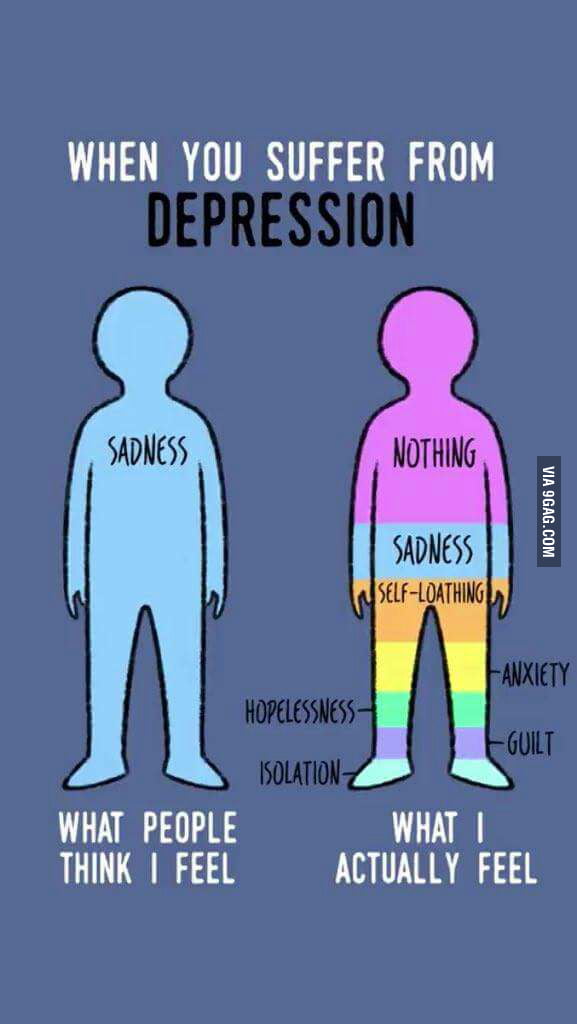 Consult your doctor. nine0006
Consult your doctor. nine0006
If your daughter is breastfeeding:
- Tell your doctor if your daughter is breastfeeding. You will need to be counseled about the possible risks to the child.
Anti-seizure:
- Talk to your doctor if your seizures change or get worse after you start taking this drug.
What side effects should I report to my child's doctor right away? nine0017
WARNING/CAUTION: Although rare, some people may have very serious and sometimes deadly side effects of this drug. Call your child's doctor right away or get medical help if your child has any of the following signs or symptoms that could be associated with a very bad side effect:
- Signs of an allergic reaction such as rash, hives, itching, reddened and swollen skin with blisters or peeling, possibly associated with fever, wheezing or wheezing, tightness in the chest or throat, difficulty breathing, swallowing or speaking, unusual hoarseness, swelling in the mouth, face, lips, tongue or throat.
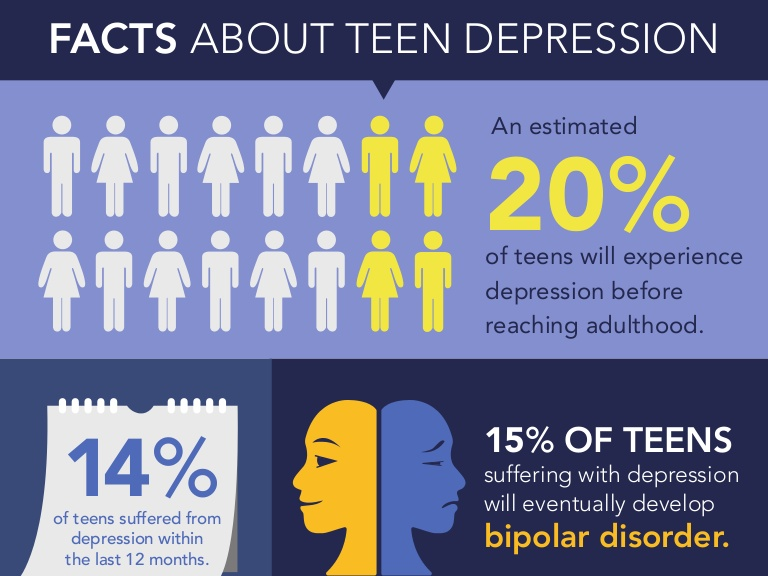 nine0006
nine0006 - Signs of infection such as fever, chills, very severe sore throat, ear or sinus pain, cough, increased sputum or change in color, pain when urinating, mouth sores or sore that does not heal.
- Signs of high ammonia levels such as abnormal heart rhythm, respiratory failure, confusion, pale skin, bradycardia, convulsions, sweating, vomiting, or muscle twitching.
- Chest pain. nine0006
- Swelling of hands or feet.
- Vision change.
- Violation or loss of memory.
- Balance change.
- Difficulty with walking.
- Any unexplained bruising or bleeding.
- Appearance of purple spots on the skin or redness of the skin.
- Difficulty urinating or change in the amount of urine produced.
- Gland swelling.
- Muscle pain or weakness.
- Pain or inflammation in the joints. nine0006
- Trembling.
- Loss of control over eye movements.
- Ringing in the ears.
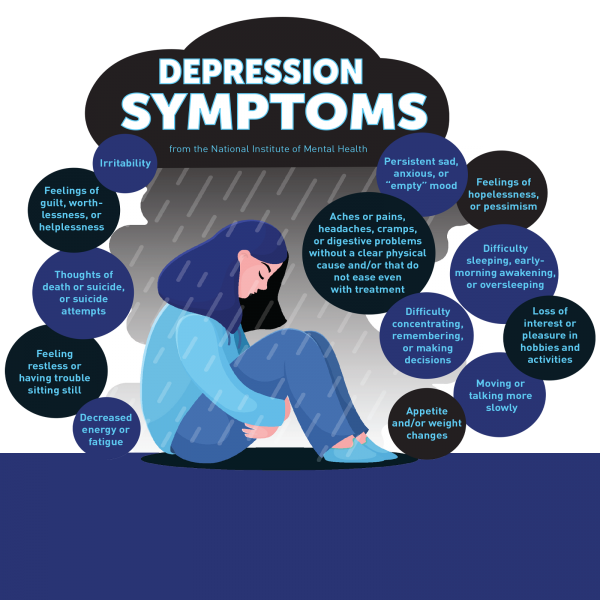
- Chill.
- Like other drugs for the treatment of seizures, this drug may rarely increase the risk of suicidal ideation or behavior. This risk may be higher in people who have tried or had suicidal thoughts in the past. Call your doctor right away if you develop or worsen symptoms such as depression, nervousness, anxiety, irritability, panic attacks, or other mood or behavioral disturbances. If you have suicidal thoughts or attempted suicide, contact your doctor immediately. nine0006
What are some other side effects of this drug?
Any drug can cause side effects. However, for many people, side effects are either minor or non-existent. Contact your child's doctor or seek medical attention if any of these or other side effects bother your child or if they persist:
- Headache.
- Constipation, diarrhoea, abdominal pain, nausea, vomiting or loss of appetite. nine0006
- Increased appetite.
- Feeling dizzy, tired or weak.
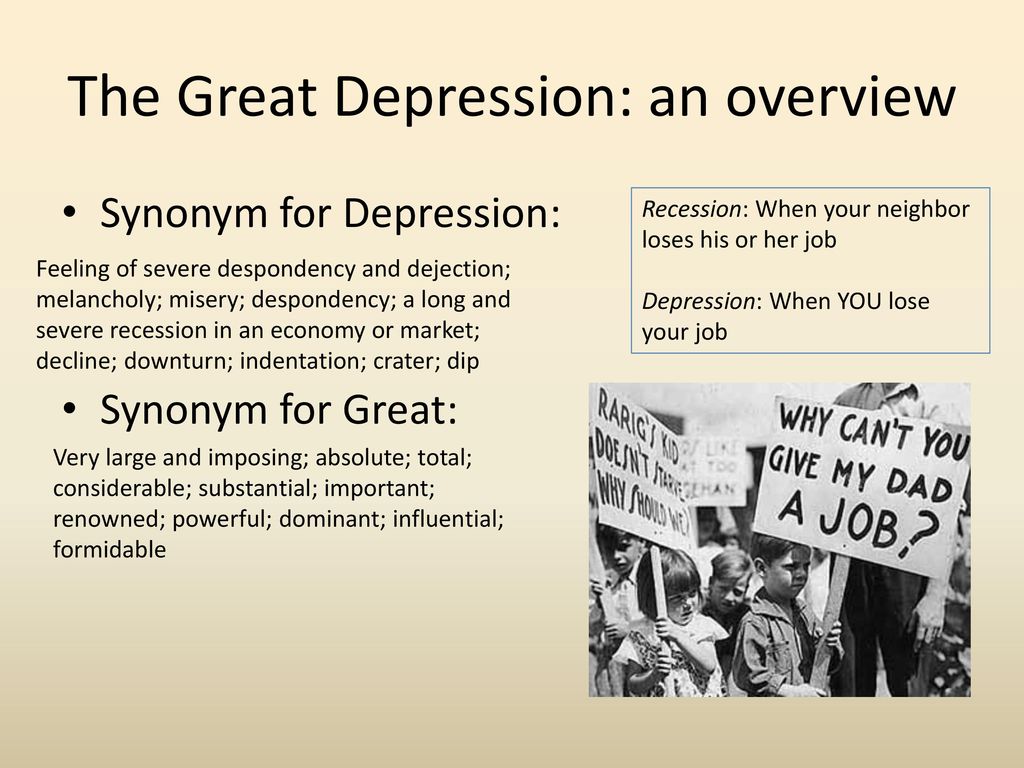
- Sleep disorders.
- Weight gain or loss.
- Hair loss.
- Nervous tension and agitation.
- Influenza-like symptoms.
This list of possible side effects is not exhaustive. If you have any questions about side effects, ask your child's doctor. Talk to your child's doctor about side effects. nine0003
You can report side effects to the National Health Board.
What is the best way to give this drug?
Give this drug to your child as directed by your doctor. Read all the information provided to you. Strictly follow all instructions.
All oral preparations:
- Give this drug with or without food. If the drug causes stomach upset, give it with food. nine0006
- Keep giving this drug as directed by your child's doctor or other health care provider, even if your child is feeling well.
- Do not stop giving this drug to your child abruptly without talking to the doctor. This can increase the risk of seizures.
 If needed, this drug should be stopped gradually for your child as directed by the doctor. nine0005 If your child is taking cholestyramine, you may need to give it at a different time than this drug. Consult with a pharmacist.
If needed, this drug should be stopped gradually for your child as directed by the doctor. nine0005 If your child is taking cholestyramine, you may need to give it at a different time than this drug. Consult with a pharmacist.
Tablets and capsules:
- Ask the child to swallow whole. Ask your child not to chew, break, or crush the tablet.
- Give this drug with a full glass of water.
- If your child has difficulty swallowing, talk to your doctor. nine0006
Long acting tablets:
- If you or your child notice particles of this drug in your child's stool, call your doctor.
Split capsule:
- A child may swallow the capsule whole or mix the contents of the capsule with certain foods such as applesauce. Make sure the child takes the mixture immediately. Do not store for future use.
- If you or your child see particles of this drug in your child's stool, call your doctor.
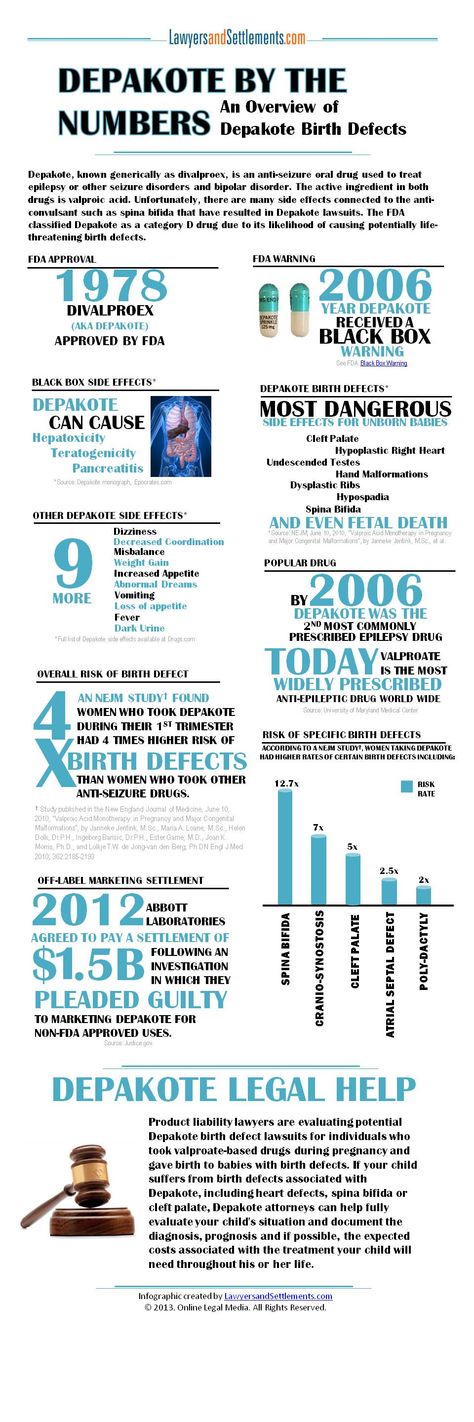 nine0006
nine0006
Fluid:
- Care should be taken when measuring liquid doses. Use the dispenser that comes with the medicine. If the dispenser is not provided in the package, ask the pharmacist for a dosing agent for this drug.
Injection:
- This drug is given as an intravenous infusion continuously over a period of time.
What if my child misses a dose of medication? nine0017
All oral preparations:
- Give the missed dose as soon as possible.
- If it is time for your child to take the next dose, do not take the missed dose and then return to your child's usual schedule.
- Do not give a double dose at the same time or additional doses.
Injection:
- Contact your child's doctor to find out what to do next. nine0006
How do I store and/or discard this drug?
All oral preparations:
- Store at room temperature in a dry place.
 Do not store in the bathroom.
Do not store in the bathroom.
Injection:
- If you need to store this drug at home, ask your child's doctor, nurse, or pharmacist about how to store it.
All editions:
- Keep all medicines in a safe place. Keep all medicines out of the reach of children and pets.
- Dispose of unused or expired drugs. Do not empty into a toilet or sewer unless instructed to do so. If you have any questions about disposing of medicines, ask your pharmacist. Drug disposal programs may be in place in your area. nine0006
General Information about Drugs
- If your child's symptoms or health problems do not improve or worsen, contact your child's doctor.
- Do not share your child's medicine with others and do not give anyone else's medicine to your child.
- Some medicines may come with other patient information sheets. If you have questions about this drug, talk with your child's doctor, nurse, pharmacist, or other health care professional.
 nine0006
nine0006 - If you think you have overdosed, call a poison control center or get medical help right away. Be prepared to tell or show what drug you took, how much, and when it happened.
Consumer Use of Information and Limitation of Liability
This summary information includes a summary of the diagnosis, treatment, and/or drug product. It is not intended to be a comprehensive source of data and should be used as a tool to help the user understand and/or evaluate potential diagnostic and treatment options. It does NOT include all information about conditions, treatments, medications, side effects, or risks that may apply to a particular patient. It should not be considered medical advice or a substitute for medical advice, diagnosis or treatment provided by a physician based on a medical examination and assessment of the patient's specific and unique circumstances. Patients should consult with their physician for full information about their health, medical issues, and treatment options, including any risks or benefits regarding the use of medications.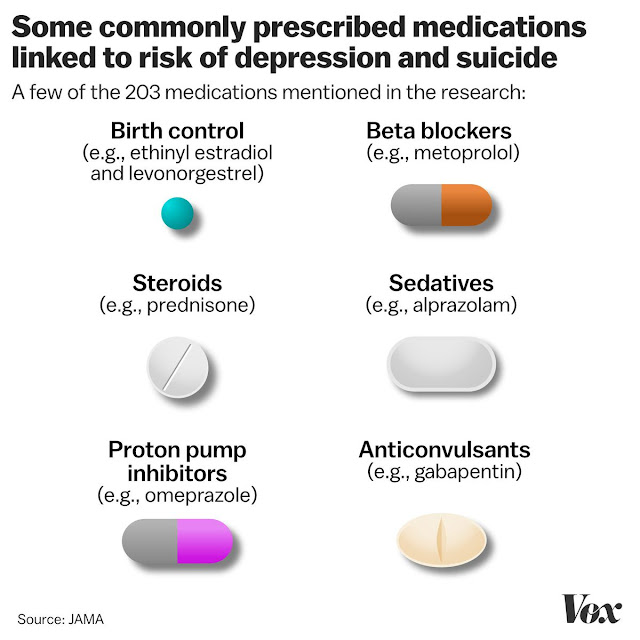 This information is not a guarantee that a treatment or drug is safe, effective, or approved for a particular patient. UpToDate, Inc. and its subsidiaries disclaim any warranties or liabilities related to this information or its use. The use of this information is subject to the Terms of Use found at https://www.wolterskluwer.com/en/know/clinical-effectiveness-terms. nine0003
This information is not a guarantee that a treatment or drug is safe, effective, or approved for a particular patient. UpToDate, Inc. and its subsidiaries disclaim any warranties or liabilities related to this information or its use. The use of this information is subject to the Terms of Use found at https://www.wolterskluwer.com/en/know/clinical-effectiveness-terms. nine0003
Copyright
© UpToDate, Inc. and its affiliates and/or licensors, 2022. All rights reserved.
Drug load is a problem for people with autism
06/09/17
Many children and adults with autism take many drugs at the same time, which can lead to serious side effects and may not even be effective
Source: Spectrum News
Connor was diagnosed with autism early at the age of 18 months. Even at that age, his condition was obvious. “He would arrange things in rows, turn lights on and off non-stop,” says his mom, Melissa. He was bright, but did not speak until he was 3 years old and quickly lost his temper. When he went to school, he couldn't sit at his desk, shouted out answers without raising his hand, and freaked out when he didn't understand something in math or couldn't write by hand at the same speed as everyone else. “One day he wrapped himself in a carpet like a roll and refused to come out until I arrived at school,” recalls Melissa. nine0003
He was bright, but did not speak until he was 3 years old and quickly lost his temper. When he went to school, he couldn't sit at his desk, shouted out answers without raising his hand, and freaked out when he didn't understand something in math or couldn't write by hand at the same speed as everyone else. “One day he wrapped himself in a carpet like a roll and refused to come out until I arrived at school,” recalls Melissa. nine0003
Connor was prescribed his first psychiatric drug, methylphenidrate (Ritalin), when he was 6 years old. The drug did not last long, but at the age of 7, the parents tried again. The psychiatrist suggested a low dose of dextroamphetamine (Adderall), a psychostimulant used to treat attention deficit hyperactivity disorder (ADHD). The drug markedly improved his behavior at school: now he could sit at his desk longer and follow what the teachers were saying. His handwriting "like a chicken's paw" became legible. Then his handwriting became neat. Then perfect. And then he became the subject of Connor's obsession. nine0003
And then he became the subject of Connor's obsession. nine0003
“We were told that there would always be pros and cons. The drug helped him get through a day of school and we thought it was worth it,” says Melissa. And he was worth it. Some time.
But when Adderall's action ended at the end of the day, Connor felt worse than ever. During the day he wept and refused to do anything. Because of the psychostimulant, it became difficult for him to fall asleep in the evening. So after a month or two, the psychiatrist added a second drug, guanfacine (Intuniv), to treat ADHD, anxiety, and hypertension, which can also reduce insomnia. The psychiatrist hoped this would ease Connor's daytime and help him sleep. nine0003
In a sense, the effect was the opposite. During the day he began to feel better, but Connor developed very severe mood swings and was so irritated every evening that he was very difficult to deal with. And now, instead of just tossing and turning in bed, he began to categorically refuse to go to bed. “He didn’t go to bed because he was always angry about something,” says Melissa. “He worked himself up and couldn’t stop, every night he got upset and started crying.” nine0003
“He didn’t go to bed because he was always angry about something,” says Melissa. “He worked himself up and couldn’t stop, every night he got upset and started crying.” nine0003
Seven months later, the parents said that it was simply impossible to continue taking this combination. They replaced guanfacine with over-the-counter melatonin, which helped Connor sleep better without any visible side effects. However, a year later, he developed a tolerance for Adderall. Connor's psychiatrist increased the dosage, and this, in turn, led to the development of tics: Connor began to jerk his head and sniffle. During a medical examination at the age of 9, the doctor noticed that over the past two years he had hardly grown. His weight had not changed at all since the age of 7, and now he was much lower than normal. nine0003
This is where the drug experiments stopped. The parents removed the child from all prescription drugs, and today, at almost 13 years old, Connor still does not take any medication. His tics are almost gone. Although he still struggles to concentrate in class, his mom thinks the risks outweigh the benefits, and she's against new drugs. “If we can somehow manage without drugs, then we will manage without them.”
His tics are almost gone. Although he still struggles to concentrate in class, his mom thinks the risks outweigh the benefits, and she's against new drugs. “If we can somehow manage without drugs, then we will manage without them.”
Connor is just one of many, many children with autism who are being prescribed multiple drugs at the same time. Phoenix started taking risperidone (Risperdal) at just 4 years old. This drug has been approved for the treatment of irritability in autism. He is now 15 years old and has experience with over ten different psychiatric medications. Ben is 34 and has autism but has been misdiagnosed with other disorders in the past. He was in middle school when his mother insisted that he start taking drugs for depression and behavioral problems. The doctor tried one antidepressant after another, but nothing worked. In high school, at age 15, he was misdiagnosed as having bipolar affective disorder and was prescribed an anticonvulsant drug and an antidepressant. nine0003
nine0003
It is not uncommon for children with autism to take two, three, or even four drugs at the same time. The same is true for many adults with autism. There are not enough statistics on this subject, but the limited information currently available suggests that adults with autism are even more likely to be prescribed multiple drugs than children.
Specialists are particularly concerned about prescribing psychiatric drugs to children because such drugs can have unwanted effects on brain development and are rarely tested on children. nine0003
In general, polypharmacy—taking more than one drug at the same time—is very common among people with autism. One study found that among 33,000 people with autism under the age of 21, at least 35% were taking two psychotropic drugs at the same time, and 15% were taking three drugs.
“Psychotropic drugs are so commonly prescribed for people with autism because there are few treatment options,” says Lisa Kroen, director of the Autism Research Program at Kaiser Permanente in California. - Is such a drug load bad? This question is difficult to answer. We just don't know - no research has been done." nine0003
- Is such a drug load bad? This question is difficult to answer. We just don't know - no research has been done." nine0003
Sometimes, as in Connor's case, a second drug is given to treat side effects of the first. Most often, doctors prescribe drugs for each individual symptom - a psychostimulant for concentration, a selective serotonin reuptake inhibitor (SSRI) for depression, an antipsychotic for aggression, and so on. (Children with autism who also have epilepsy take anticonvulsant drugs. But since such drugs are effective and available, they are usually not considered part of the polypharmacy problem.) nine0003
“Kids come to me on Zoloft, Depakota and risperidone,” says Matthew Siegel, professor of psychiatry and pediatrics at Tufts University in Medford, Massachusetts. Zoloft is an antidepressant, Depakot is a mood stabilizer, and risperidone is an antipsychotic. Three psychotropic drugs per patient.”
In other cases, due to moves, changes in insurance, or dissatisfaction with treatment, people on the spectrum end up with many different doctors, each with their own opinion, who may add a new drug but not remove the old one. nine0003
nine0003
Why is there such confusion? Because there is no single drug for the treatment of autism itself.
There are so-called key characteristics of autism - repetitive behaviors, difficulties with social interaction and impaired communication. Behavioral therapy can help with these three characteristics, but no drug can change them. Those drugs that are prescribed to people with autism are the treatment of peripheral problems that greatly complicate life - ADHD, irritability, anxiety, aggression, self-aggression. nine0003
The current practice that leads people to take cocktails of psychotropic drugs can be ineffective and harmful. Each doctor decides for himself what will be effective and safe, because there are simply no studies. “We have so few single drug studies, so few studies comparing different drugs alone,” says Brian King, professor of child and adolescent psychiatry at the University of California, San Francisco. “We still have a lot to learn before we even get to research into different combinations of drugs.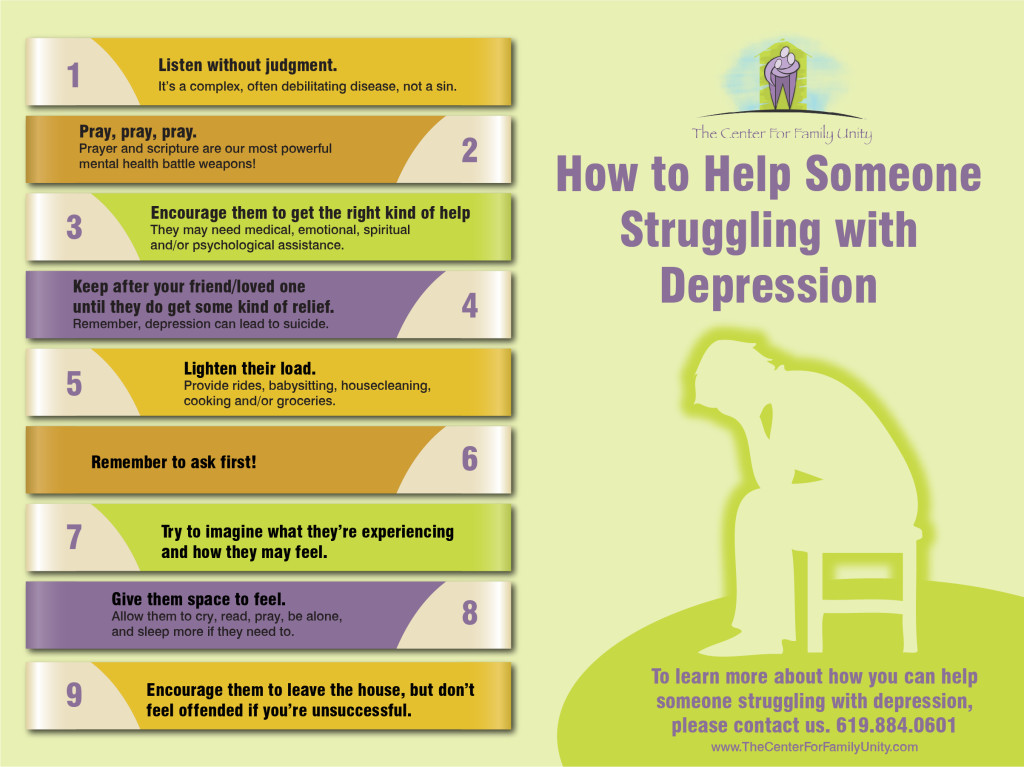 ” nine0003
” nine0003
Datura drug
The US Food and Drug Administration has approved only two drugs for children and adolescents with autism: risperidone and aripiprazole. Both are atypical antipsychotics and are prescribed to treat behavioral problems associated with increased irritability, for example, if a child has aggression, tantrums, and self-aggression. These drugs relieve such problems in about 30-50% of cases - they do not help the rest. nine0003
This is a huge gap: psychiatric problems are common in children with autism. A 2010 study found that 80% of children with autism who presented to a mental health center also had ADHD, 61% had at least two anxiety disorders, and 56% had clinical depression.
Multiple diagnoses lead to drug cocktails, but there are no clinical trials for drug combinations, so in most cases it is not known how different psychotropic drugs interact with each other. "Each drug has its own side effects, and when you prescribe a mixture of them, you are effectively prescribing a new drug that has not been studied," says King. “And if we are talking about autism, when there can be severe communication disorders, then the risks are even greater, because it is difficult for patients to tell you that they feel bad from your drugs.” nine0003
“And if we are talking about autism, when there can be severe communication disorders, then the risks are even greater, because it is difficult for patients to tell you that they feel bad from your drugs.” nine0003
What's more, researchers say these drugs may not work at all for people with autism.
“Many studies have examined the use of drugs to treat ADHD in people with autism. The same is true for drugs to treat obsessive-compulsive disorder and repetitive behaviors, says Daniel Couri, a pediatrician at the National Children's Hospital in Columbus, Ohio. “And virtually all of these studies have shown that these drugs are much less effective for people with autism than for people without autism.” nine0003
These studies are relatively rare and were mostly uncontrolled. In 2013, a meta-analysis of existing studies found that most studies of psychiatric drugs for autism are either too small or poorly designed to tell if the drugs are effective. The existing data, the researchers write, “can only be considered speculation that needs to be evaluated in well-controlled studies. ”
”
The symptoms of depression, obsessive-compulsive disorder, ADHD and other psychiatric conditions seem to be the same in people with and without autism. But the causes of autism are very different, which means that the biochemical processes behind them can differ and vary from person to person. nine0003
"It's a huge problem with treating autism in general," Siegel says. Autism is caused by so many genetic variations that the condition of each individual can be unique, which means that treatment must be individualized. Even in ideal conditions of clinical trials, the drug can only help 20% of people. The antipsychotics aripiprazole and risperidone stand out because they can be as effective as 50%. “50% is like a record in this area,” Siegel says. nine0003
Paradoxically, another reason children and adults with autism may be given different drugs, as in the case of Connor, is that doctors use the second drug to reduce the side effects of the first. Antipsychotics, for example, can lead to weight gain and metabolic disorders, as well as involuntary muscle contractions.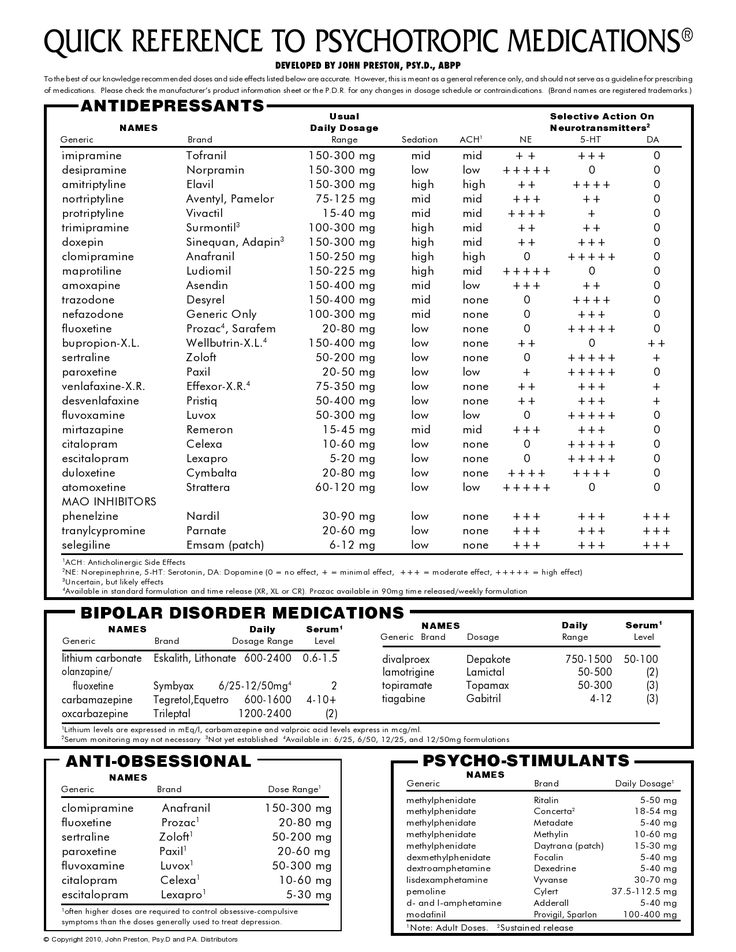 Some doctors add metformin for weight gain and benztropine (Cogentin) to relieve involuntary movements.
Some doctors add metformin for weight gain and benztropine (Cogentin) to relieve involuntary movements.
But every new drug brings its own potential side effects. Metformin can cause muscle pain and, less commonly, anxiety and nervousness. Benztropine can lead to confusion and memory problems. Physicians with little experience in treating patients with autism may mistake side effects for new symptoms and prescribe new drugs in response. In the vast majority of cases, psychotropic drugs are prescribed by doctors with little or no experience with autism, Siegel says. "People just don't know what they're doing, so it's not surprising that kids end up taking multiple drugs." nine0003
Toxic Pills
As a preteen, Ben had problems typical of a child with autism: social anxiety, difficulty communicating with peers, mild depression, violent temper tantrums, inattention, and disruptive behavior in class. When he was 12 years old, school testing revealed he had sensory processing problems and dysgraphia (problems with handwriting), but not autism.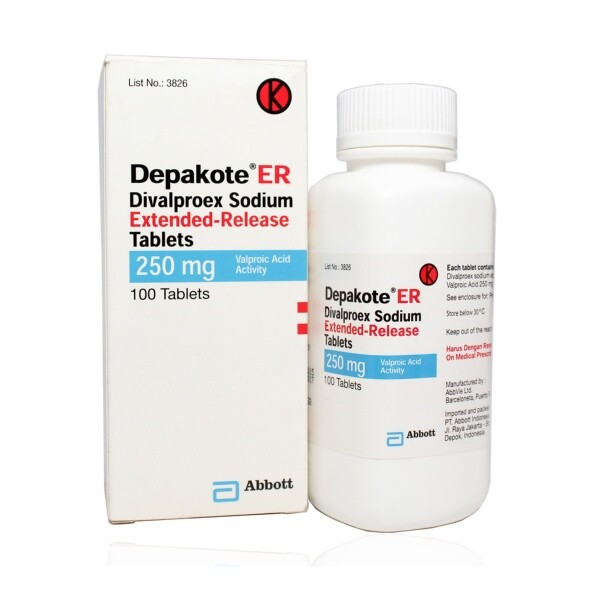 At the mother's request, the doctor tried an antidepressant. It didn't help and only led to headaches. A new antidepressant followed, and then another. The side effects weren't worth taking, so Ben got a short break from his medication. nine0003
At the mother's request, the doctor tried an antidepressant. It didn't help and only led to headaches. A new antidepressant followed, and then another. The side effects weren't worth taking, so Ben got a short break from his medication. nine0003
Two years later, when he was 16 years old and his problems at school and at home were getting worse, his mother again insisted on medication. A new doctor prescribed a newly approved SSRI, citalopram (Celexa), recommending that Ben and his mother see a specialist. But for a year, life was too busy to look for a specialist, and Ben just took citalopram.
Over the next year, the situation at the school got worse and worse. Ben was bullied more and more often by his classmates, he increasingly responded to them with aggression, so his mother finally took him to a psychotherapist. He diagnosed Ben with bipolar affective disorder and referred him to a psychiatrist with a recommendation to add valproic acid (Depakote) to his drugs. Ben recalls that the psychiatrist asked him a couple of questions, and then simply gave him a prescription for the two drugs that the therapist asked for.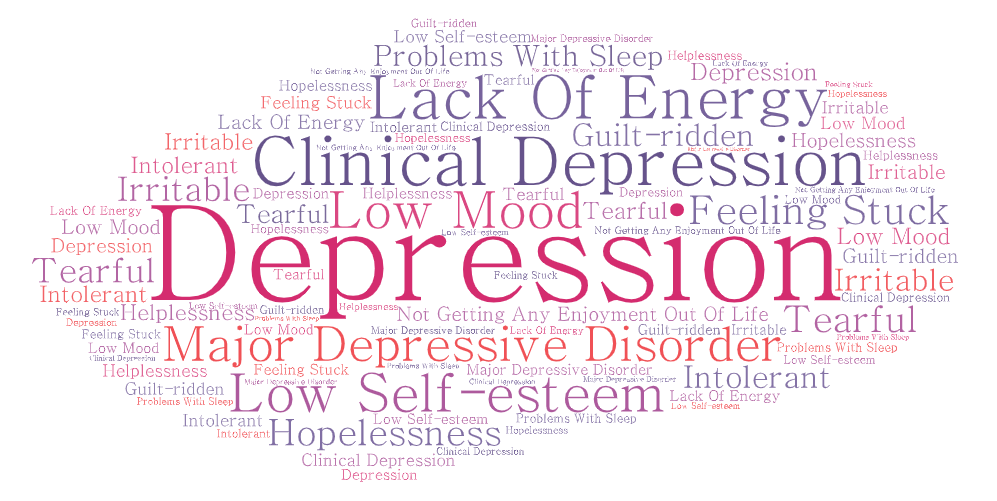 Ben's autism was never diagnosed. nine0003
Ben's autism was never diagnosed. nine0003
“That's when things really changed,” says Ben. He gained a lot of weight. He couldn't concentrate in class. He made scenes at school and at home, his anxiety reached a new peak. “My behavior has become more aggressive and unpredictable,” he says. In the middle of the night, he would wake up terrified, and then just walk in circles around the room. “I don’t think that such an escalation would have happened without drugs,” he said. He started fighting with his father. “I fell into complete despair, sobbed, I could punch a hole in the wall with my fist.” nine0003
Five drugs and five psychiatrists later, Ben became lethargic, irritable, angry and unable to concentrate on anything.
Finding a combination of drugs is especially difficult if the attending physician changes all the time. In Ben's case, not only was he misdiagnosed, but the family moved twice. In addition, his psychotherapist and psychiatrist did not discuss his diagnosis and treatment with each other. In other cases, people may not have access to doctors who understand autism. Some people change doctors hoping to find an approach they like, or are forced to do so because of insurance changes. The list of drugs is growing due to "the lack of one person responsible for the entire treatment process," says Shafali Jeste, a pediatric neurologist at the University of California, Los Angeles: "In our city, this happens all the time." nine0003
In other cases, people may not have access to doctors who understand autism. Some people change doctors hoping to find an approach they like, or are forced to do so because of insurance changes. The list of drugs is growing due to "the lack of one person responsible for the entire treatment process," says Shafali Jeste, a pediatric neurologist at the University of California, Los Angeles: "In our city, this happens all the time." nine0003
The stack of prescriptions may become thicker as the child transitions from adolescence to adulthood.
"People who are prescribed drugs often stay on them for long periods of time and don't even try to determine if they still need them," says David Posey, a psychiatrist in Indianapolis, Indiana. It is usually recommended to review the drug regimen at least once a year, to evaluate the possibility of reducing the dosage, but this is not always possible. "If the drug worked, families might be against trying to take it off." nine0003
Jeste says that her clinic is often visited by people with a long list of drugs, but without a well-formed medical record and anamnesis, and it is sometimes impossible for her and her colleagues to understand why a particular drug was ever prescribed and whether it helps. In these cases, she gradually reduces the dosage of one drug after another.
In these cases, she gradually reduces the dosage of one drug after another.
Ben was not lucky enough to find such a specialist. By the end of his last year at school, he fell asleep in class and felt so bad that he dropped out. “Then my parents were getting divorced,” Ben recalls that time. “There was complete chaos around, I was losing all my support, I was losing my usual daily routine, I started sleeping in the car.” nine0003
He started smoking marijuana, which he said made him euphoric when combined with antidepressants. But at the same time, she helped him function. “It helped me connect with people better than drugs,” he says. Ben says marijuana helped him better understand how psychiatric drugs work on him, and that they cause the same mood swings, just much more slowly. "I had the idea that maybe the mood cycles I often experience coincide with the drug use." nine0003
At the age of 21, he made the decision to get rid of both illegal drugs and prescription drugs. A year later, he was diagnosed with autism. Now he has learned to step aside and take deep breaths every time he feels a fit of anger coming on. No more holes in the wall. He goes for a run six times a week, and physical activity helps him stay calm, clear and focused. Autism may have been responsible for the initial mood swings and aggression, but he says the drugs are a vicious circle. nine0372
A year later, he was diagnosed with autism. Now he has learned to step aside and take deep breaths every time he feels a fit of anger coming on. No more holes in the wall. He goes for a run six times a week, and physical activity helps him stay calm, clear and focused. Autism may have been responsible for the initial mood swings and aggression, but he says the drugs are a vicious circle. nine0372
Treatment
Multiple medications are not always a bad thing. Some children have very serious problems in their lives, their behavior can pose a serious threat to themselves and others, and in these cases, medication may be the only way out.
Phoenix was one of those children. “He was a little tornado,” his mom says. One day in early 2007, she received a call from the kindergarten asking her to pick him up early because he was being very aggressive, knocking over tables and chairs for no apparent reason. He escaped twice that day - once he jumped out of the car on the way home, then climbed out of the bedroom window.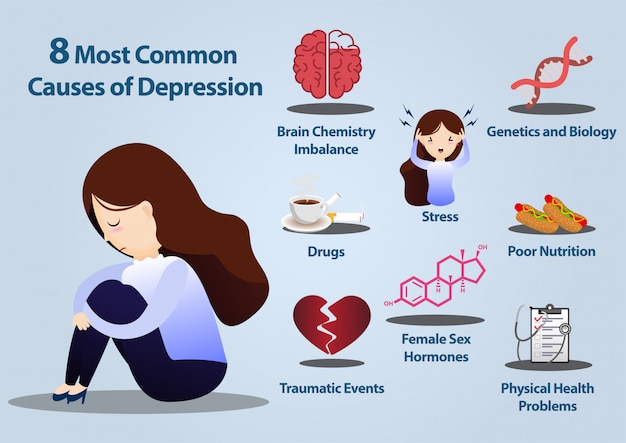 The police found him in the middle of a busy highway. He was only four years old. nine0003
The police found him in the middle of a busy highway. He was only four years old. nine0003
Sally, Phoenix's mother, says he has always been a difficult child. But when his mood swings escalated into aggression, he could lash out at people and try to harm his older brother, who also had autism. “He was strong beyond his years,” she says. She knew that at all costs she must help him deal with his anger, for the safety of both boys.
His doctor tried risperidone, then added guanfacine and Adderall. However, this did not affect his aggression. Sally recalls that every morning she and her husband woke up, looked at each other and said: “How is Phoenix now?” After that, "everything inside her froze." It was obvious that drugs needed to be selected, but the family could not cope with him at home. When Phoenix was 6 years old, he was first admitted to the hospital. nine0003
By 2009, his clinic had already changed psychiatrists twice. The new psychiatrist replaced Adderall with Vyvans.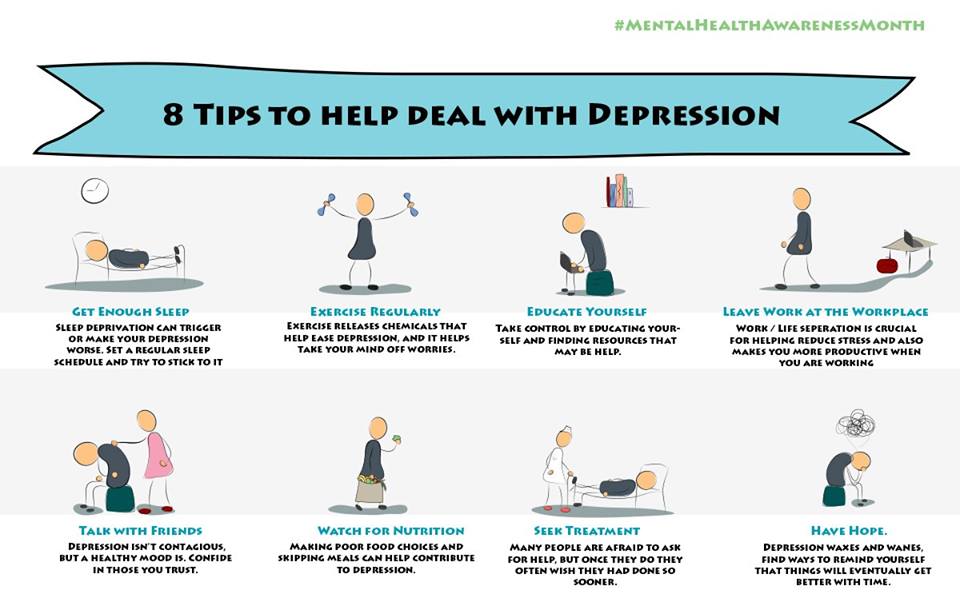 A blood test then showed that Phoenix had an increased risk of developing breasts, a serious but rare side effect of risperidone called gynecomastia. The psychiatrist changed risperidone to Seroquel. “It was a disaster,” Sally says. Phoenix climbed out of the windows, got up and walked around the classroom, attacked his brother for no reason. None of the drug combinations alleviated the aggression and mood swings. Aude
A blood test then showed that Phoenix had an increased risk of developing breasts, a serious but rare side effect of risperidone called gynecomastia. The psychiatrist changed risperidone to Seroquel. “It was a disaster,” Sally says. Phoenix climbed out of the windows, got up and walked around the classroom, attacked his brother for no reason. None of the drug combinations alleviated the aggression and mood swings. Aude
The case shocked the whole family and ended with a new hospitalization and a new drug combination. The doctors replaced Seroquel with another neuroleptic, Geodon, and also prescribed valproic acid and guanfacine. Since Phoenix's brother, Mack, was greatly helped by Strattera's anti-ADHD drug, the hospital staff replaced Vyvans with Strattera.
Phoenix has been in four different inpatient programs, been hospitalized six times, tried more than a dozen drugs, sometimes four at a time. Hospitalizations helped to take him off certain drugs and gradually introduce others that, at least temporarily, controlled his mood swings.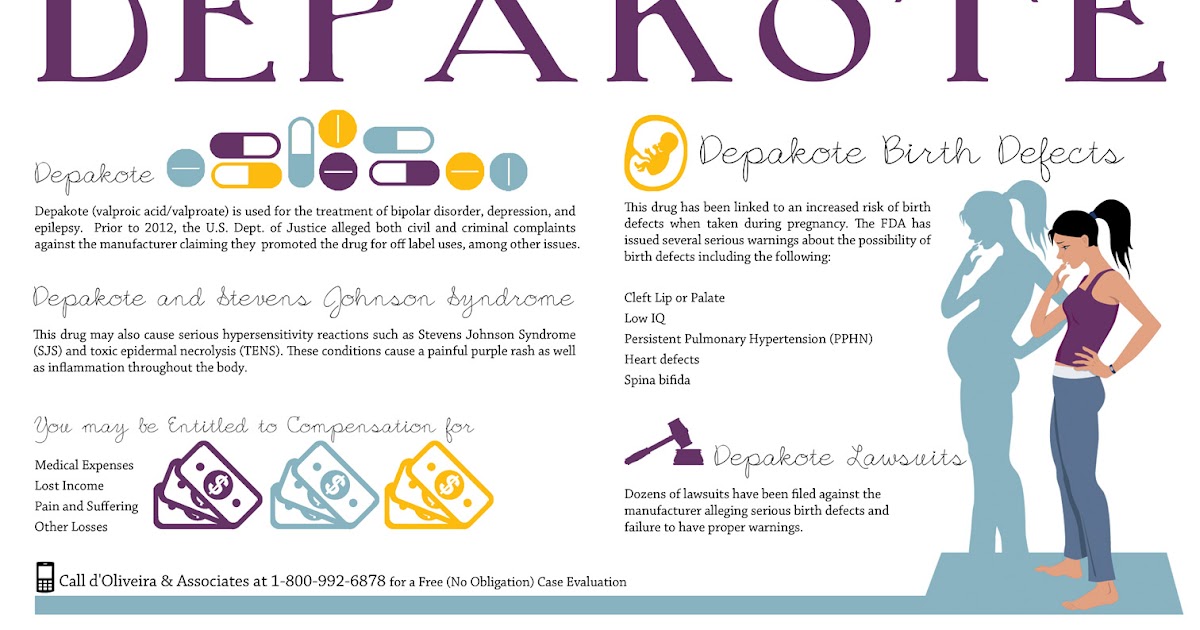 But every time after he was discharged, the drug combinations stopped working and he returned to aggression, mostly against his brother. The first two stationary programs did not help at all. They created stability and structure in his life: every day was the same, the daily routine was very reliable. But the programs could not adjust the drug regimen. And when he returned home, where such a tough regime no longer existed, he began to attack his brother. "We've had holes in our doors from the time Phoenix tried to get to Mac," she says. nine0003
But every time after he was discharged, the drug combinations stopped working and he returned to aggression, mostly against his brother. The first two stationary programs did not help at all. They created stability and structure in his life: every day was the same, the daily routine was very reliable. But the programs could not adjust the drug regimen. And when he returned home, where such a tough regime no longer existed, he began to attack his brother. "We've had holes in our doors from the time Phoenix tried to get to Mac," she says. nine0003
The next two programs focused on children with autism, and they provided the necessary assistance to Phoenix. He was 12 when he entered the third program and began taking an antipsychotic commonly prescribed for bipolar disorder, olanzapine (Zyprexa). And in the fourth inpatient program, when he was 13 years old, doctors found what seemed to be the perfect combination: olanzapine, valproic acid, guanfacine and atomoxetine. He spent weekends at home, but lived at a nearby facility for a week, where he also received behavioral therapy and social adjustment support.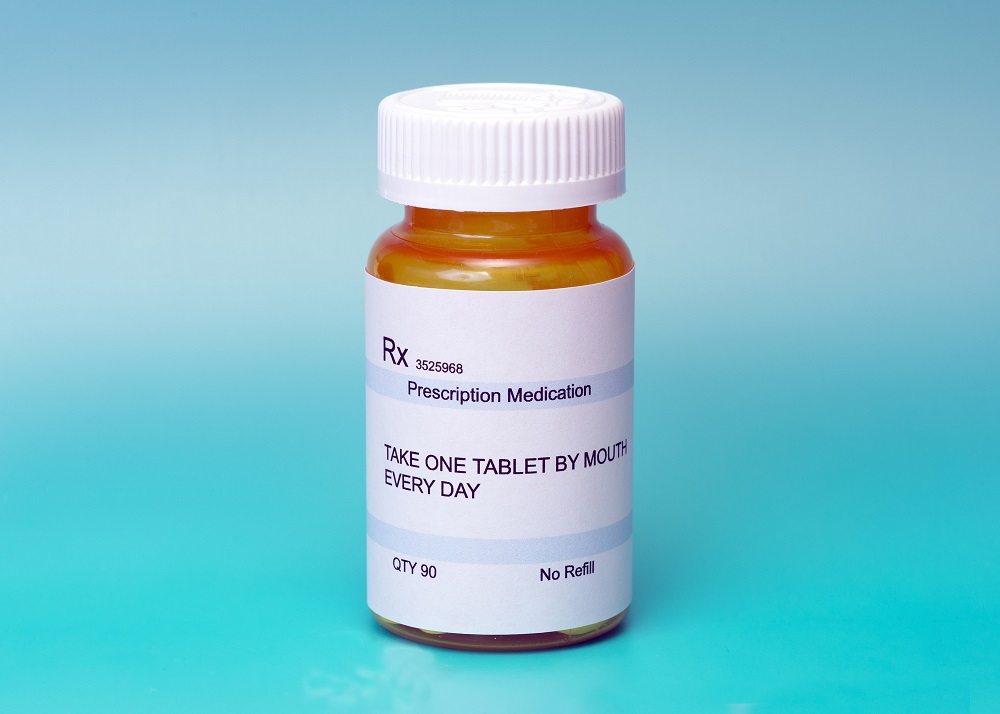 “For the first time when he came home, we really enjoyed his company, we were able to see what a real Phoenix is,” says Sally. nine0003
“For the first time when he came home, we really enjoyed his company, we were able to see what a real Phoenix is,” says Sally. nine0003
But a common side effect of Zyprexa is weight gain, and the drug made Phoenix constantly hungry. “On weekends, he emptied the refrigerator at three in the morning,” she says. The overly thin boy began to suffer from obesity. “He looked like a balloon about to burst,” his mother says. He was sitting and he was short of breath. We had to take it off the Zyprexa."
His doctor took him off Zyprexa and put him on another antipsychotic and then another (Seroquel) until the combination started to work. nine0003
Phoenix is now 15 years old, on four drugs and has been stable for over a year. His mood is also stable. “The aggression is gone,” Sally says. He developed a sense of humor and started watching TV with his family and discussing what he saw with them. He also began to develop the capacity for empathy. Now, if he sees that a child at school is behaving the same way as he once did, he says to his brother: "I must apologize to you and mom.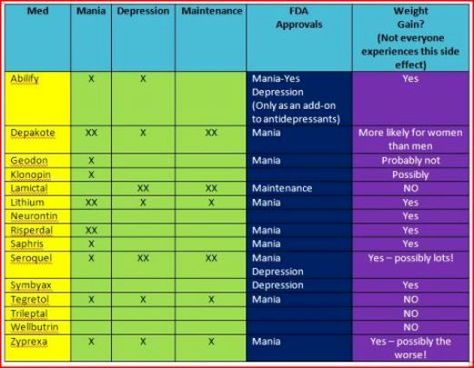 " According to Sally: “He saw himself from the outside, and it affected him very much. One day, for no reason, he came into the kitchen and said: "You know, mom, I love you." He never said that." nine0003
" According to Sally: “He saw himself from the outside, and it affected him very much. One day, for no reason, he came into the kitchen and said: "You know, mom, I love you." He never said that." nine0003
When new symptoms appear, the temptation to change medications can be very strong, especially with a difficult treatment history where parents are used to thinking about the drug approach first. But very often new problems can be solved with simple methods.
This fall, Phoenix began to fall asleep in class during the day. One of the previous drugs had had the same effect on him - he was so sleepy that he could fall asleep even during lunch in a noisy restaurant. Sally was very worried. She was afraid that this meant that the effect of the psychostimulant was ending, or this was some new side effect. She did not want to change the already established treatment regimen. nine0003
Before taking him to the doctor, she decided to investigate. She bought a device to restrict and monitor her home Wi-Fi network.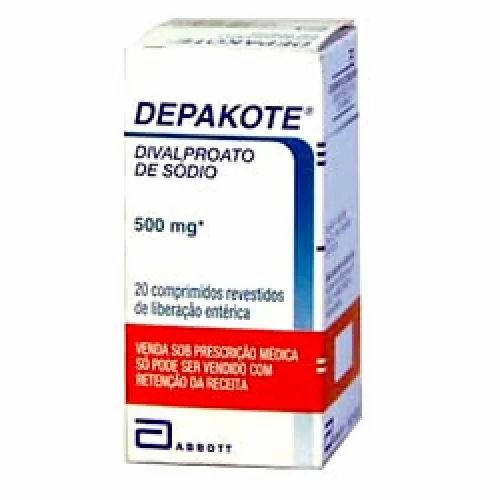 It turned out that Phoenix got up at night and spent hours playing on the computer. She started turning off the Internet at night, and Phoenix immediately became alert during the school day.
It turned out that Phoenix got up at night and spent hours playing on the computer. She started turning off the Internet at night, and Phoenix immediately became alert during the school day.
“It's not uncommon for children to take more than one drug. The question is: do people just try everything in the hope that it will help, or is there some kind of rational justification? says Lawrence Scahill, director of clinical trials at the Marcus Autism Center at Emory University. When treatment decisions are made carefully and with a very clear goal in mind, drug combinations can be very helpful. Under these circumstances, Scahill believes, "we can talk about the so-called rational polypharmacy." nine0003
The path of the Phoenix, although very thorny, led him to favorable results. This is an example of how polypharmacy, with care, attention and perseverance, can help people with autism live fulfilling lives.
However, the decision to take drugs always depends on the individual doctor, individual family, individual person.